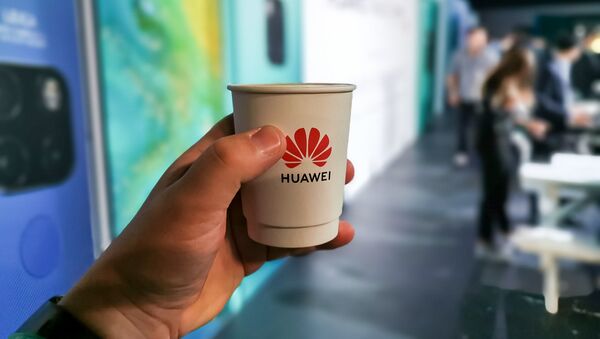BT Group, Britain’s largest provider of broadband and mobile services, is looking for a strategic vendor in a move that could dent the prospects of China’s Huawei Technologies gaining a lucrative contract.
Last year, BT Group’s digital network business, Openreach, awarded Huawei and Finland’s Nokia contracts to deliver new electronics that would support its ongoing Fibre First project.
Fibre First aims to roll out fibre-to-the-premises (FTTP) broadband with speeds of up to one gigabyte per second. The network already covers more than 1.9 million UK homes and businesses and is expected to connect 15 million premises by the mid-2020s.
However, Openreach recently started an evaluation process to find a third strategic vendor alongside Huawei and Nokia, a spokesman for the company told Bloomberg. US-based tech firms are expected to bid on the contract too.
“We’re constantly reviewing our options to make sure we can carry on building a high-quality network that offers great value for money,” the BT Openreach spokesman said, adding that a third vendor could increase the supply capacity and bring more competition, which would result in lower costs for BT.
The National Infrastructure Commission has estimated that building and maintaining a nationwide full fibre network by 2033 would cost $43 billion.
What's a full fibre connection?
Full-fibre broadband is the much-touted type of internet connection served by a fibre optic cable that comes right into the customer’s home rather than to a street-side cabinet. Openreach says the nationwide roll-out of this technology could allow 400,000 more people work from home and bring in an additional $90 billion to the economy.
BT will be seeking proposals from potential vendors by early January and is set to pick in the second quarter of 2020, an unnamed industry source told Bloomberg.
What's the matter with Huawei?
This comes as the United States is pressing allies, including the UK, to shut Huawei out of their rolling-out 5G networks because it allegedly spies on foreign nations on behalf of the Chinese government using pre-installed backdoors in its equipment – a charge the company denies.
Australia and (partly) New Zealand have banned Huawei, while Canada and the UK have delayed the decision on whether the company should be banned or restricted. All four countries are members of the Five Eyes intelligence-sharing alliance with the US.
Several countries with significant markets, like Germany, France and the Netherlands, have refused to block Huawei from their proposed 5G networks.
BT has removed Huawei equipment from its core 3G and 4G networks where there is a security risk. EE, the BT-owned internet service provider, and Vodafone, which launched the first 5G mobile services in Spain in the summer, both use non-core Huawei equipment in their 5G networks.
Huawei has previously estimated that excluding it from Britain's 5G infrastructure would cost the British economy about $8.7 billion.



